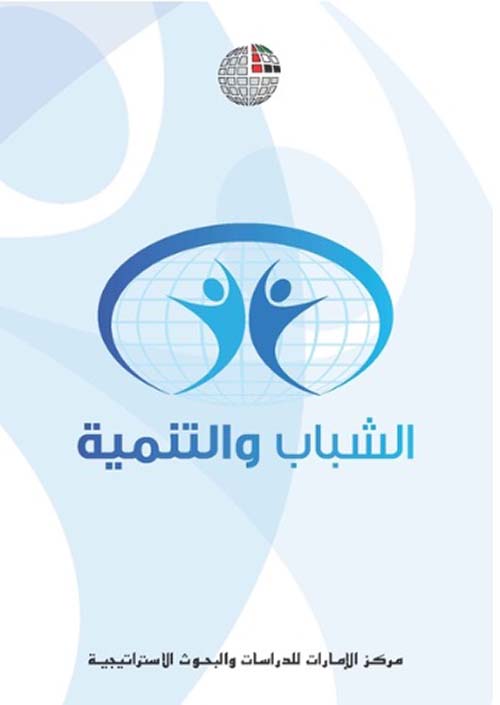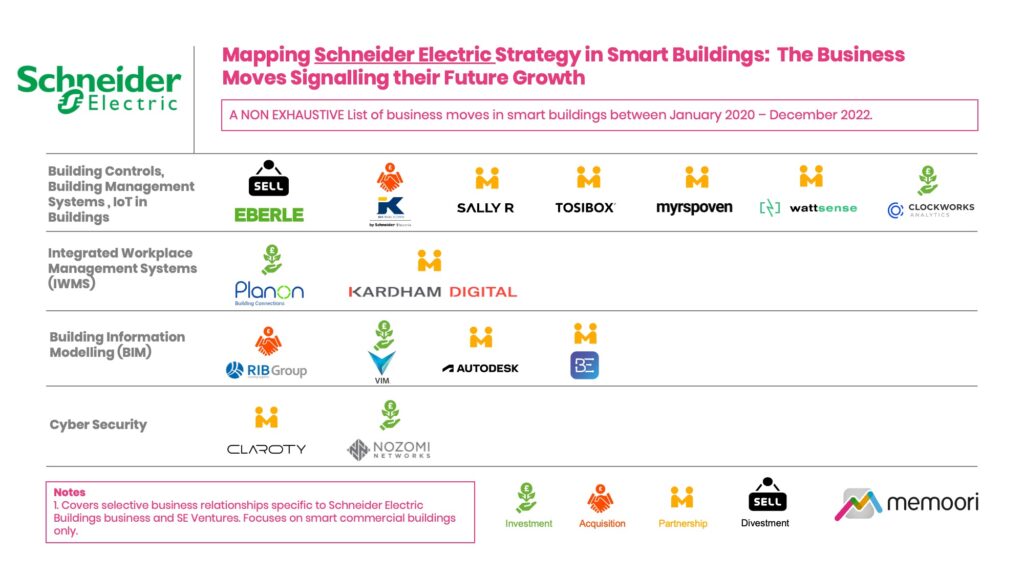How Middle Management Drives Company Performance And Employee Satisfaction

Table of Contents
The Role of Middle Management in Boosting Company Performance
Middle managers are not simply messengers; they are strategic leaders who directly influence a company's bottom line. Their actions and decisions have a cascading effect, impacting productivity, innovation, and operational efficiency.
Driving Productivity and Efficiency
Highly effective middle managers are masters of optimization. They understand the importance of:
- Setting clear goals and expectations: Clearly defined goals, communicated effectively, provide direction and reduce ambiguity, leading to improved focus and productivity. This includes setting realistic Key Performance Indicators (KPIs) and ensuring everyone understands their contribution to the overall objectives.
- Efficient resource allocation and task delegation: Middle managers must skillfully allocate resources – including personnel, budget, and time – to maximize output. This involves understanding individual team member strengths and assigning tasks accordingly. Delegation empowers employees and frees up managers to focus on strategic initiatives.
- Implementing effective project management strategies: Utilizing methodologies like Agile or Kanban can streamline workflows, improve collaboration, and ensure projects stay on track and within budget. This requires training and consistent application across teams.
- Monitoring progress and addressing bottlenecks proactively: Regular progress checks, coupled with proactive identification and resolution of bottlenecks, prevent delays and ensure projects are completed efficiently and effectively. This requires strong communication and problem-solving skills.
- Utilizing data-driven decision-making to optimize processes: Analyzing performance data allows middle managers to identify areas for improvement and make informed decisions to streamline processes and enhance productivity. This data-driven approach reduces reliance on guesswork and improves overall efficiency.
Fostering Innovation and Creativity
Middle managers play a crucial role in cultivating a culture of innovation. They achieve this by:
- Creating a culture of open communication and feedback: Open dialogue encourages the free flow of ideas and allows employees to voice concerns or suggestions without fear of retribution. This requires active listening and a commitment to constructive feedback.
- Empowering employees to take initiative and contribute ideas: Giving employees ownership and autonomy encourages creativity and problem-solving. Middle managers should actively seek input and involve their teams in decision-making processes.
- Providing resources and support for innovative projects: Allocating resources, including time, budget, and personnel, demonstrates a commitment to innovation and encourages employees to pursue new ideas. This support needs to be both tangible and intangible.
- Recognizing and rewarding innovative thinking: Acknowledging and celebrating successes reinforces positive behaviors and encourages continued innovation. This includes both formal and informal recognition.
- Promoting collaboration and knowledge sharing across teams: Breaking down silos and facilitating collaboration across departments fosters the cross-pollination of ideas and enhances creativity. This requires proactive facilitation and the creation of a collaborative environment.
Improving Operational Excellence
Operational excellence is the cornerstone of a successful company, and middle managers are key to its achievement. This involves:
- Streamlining workflows and eliminating inefficiencies: Identifying and removing bottlenecks, redundant processes, and unnecessary steps improves efficiency and reduces costs. This requires a keen eye for detail and a commitment to continuous improvement.
- Implementing best practices and industry standards: Staying abreast of industry trends and adopting best practices ensures the organization maintains a competitive edge and operates effectively. This necessitates ongoing professional development and knowledge sharing.
- Utilizing technology to enhance productivity and communication: Embracing new technologies, such as project management software or communication platforms, can significantly enhance productivity and communication across teams. This requires a willingness to adapt and learn.
- Regularly assessing and improving operational processes: Continuous monitoring and evaluation of processes allow for identification of areas for improvement and ensures that operations remain efficient and effective. This requires consistent review and adaptation based on feedback and data.
- Ensuring compliance with regulations and company policies: Middle managers are responsible for ensuring their teams adhere to all relevant regulations and company policies. This requires thorough understanding and consistent enforcement.
How Middle Management Impacts Employee Satisfaction
Employee satisfaction is directly linked to productivity and retention. Middle management plays a vital role in fostering a positive and supportive work environment.
Building Strong Teams and Relationships
Strong teams are built on trust and mutual respect. Middle managers contribute to this by:
- Effective communication and active listening: Open and honest communication is paramount. Middle managers should actively listen to their employees’ concerns, ideas, and feedback.
- Providing regular feedback and recognition: Regular feedback, both positive and constructive, helps employees understand their performance and areas for improvement. Recognition and appreciation for their contributions boost morale and motivation.
- Creating a supportive and inclusive work environment: A culture of respect and inclusion fosters a sense of belonging and encourages employees to contribute their best work.
- Mentoring and coaching employees for growth: Providing guidance and support helps employees develop their skills and advance their careers. Mentorship is a valuable investment in both the individual and the organization.
- Addressing employee concerns and resolving conflicts effectively: Promptly addressing employee concerns and resolving conflicts fairly and equitably contributes to a positive and productive work environment.
Promoting Employee Engagement and Motivation
Engaged employees are more productive and committed to the organization's success. Middle managers can foster engagement by:
- Clearly defining roles and responsibilities: Clearly defined roles minimize ambiguity and confusion, empowering employees to take ownership of their work.
- Providing opportunities for professional development: Investing in employees' professional development demonstrates a commitment to their growth and enhances their skills and value to the organization.
- Delegating challenging and meaningful work: Assigning challenging and meaningful tasks allows employees to utilize their skills and contributes to a sense of accomplishment and satisfaction.
- Encouraging work-life balance: Promoting a healthy work-life balance reduces stress and burnout, enhancing employee well-being and productivity.
- Offering regular opportunities for feedback and input: Seeking employee input and feedback shows respect and value, making them feel heard and involved in the decision-making process.
Developing Employee Talent and Skills
Investing in employee development is crucial for organizational success. Middle managers can contribute significantly by:
- Identifying employees’ strengths and areas for improvement: Regular performance reviews and feedback sessions help identify areas where employees excel and where they need further development.
- Providing training and development opportunities: Offering access to training programs, workshops, or mentorship opportunities enhances employee skills and knowledge.
- Creating a culture of continuous learning: Encouraging continuous learning and professional development fosters a growth mindset within the team.
- Mentoring and coaching employees to reach their full potential: Providing guidance, support, and encouragement helps employees develop their skills and reach their career goals.
- Facilitating career progression and advancement within the company: Providing opportunities for career advancement and promotion demonstrates a commitment to employee growth and retention.
Conclusion
In conclusion, the impact of effective middle management on both company performance and employee satisfaction cannot be overstated. By fostering productivity, innovation, and strong teams, middle managers play a pivotal role in driving organizational success. Investing in training and development programs focused on strengthening middle management capabilities is a critical step towards achieving improved company performance and higher employee satisfaction. Strengthen your organization by focusing on developing your middle management skills and strategies today. Learn more about how effective middle management can transform your company.

Featured Posts
-
 Hamdi Yildirim Kadinlar Boks Sampiyonasi Samsun Da Guencel Sonuclar Ve Heyecan
Apr 30, 2025
Hamdi Yildirim Kadinlar Boks Sampiyonasi Samsun Da Guencel Sonuclar Ve Heyecan
Apr 30, 2025 -
 Kyf Yezz Alteawn Slslth Almmyzt Fy Swq Alshbab
Apr 30, 2025
Kyf Yezz Alteawn Slslth Almmyzt Fy Swq Alshbab
Apr 30, 2025 -
 Trade Shows A Proven Marketing Strategy For Schneider Electric
Apr 30, 2025
Trade Shows A Proven Marketing Strategy For Schneider Electric
Apr 30, 2025 -
 Shhadt Mylad Bywnsyh Tfasyl Mthyrt Tkshfha Wthyqt Rsmyt
Apr 30, 2025
Shhadt Mylad Bywnsyh Tfasyl Mthyrt Tkshfha Wthyqt Rsmyt
Apr 30, 2025 -
 Louisville Congressman Alleges Usps Lack Of Transparency On Mail Delays
Apr 30, 2025
Louisville Congressman Alleges Usps Lack Of Transparency On Mail Delays
Apr 30, 2025
